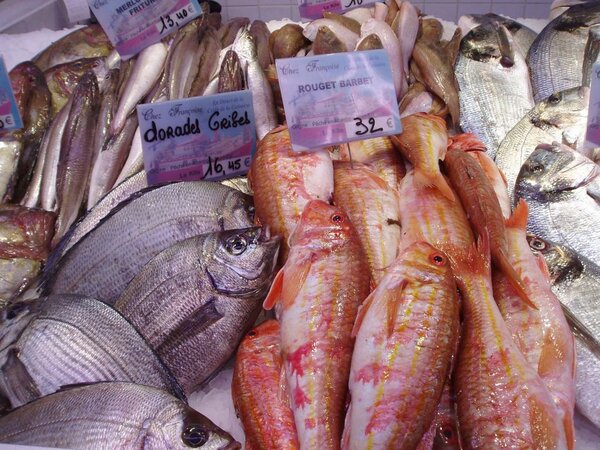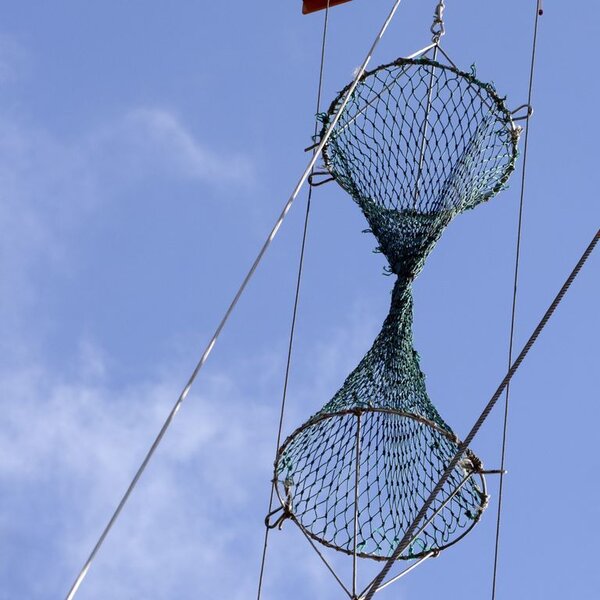Economic analyses of fisheries and aquaculture
The global demand for fish has been growing constantly for years. At the same time fisheries reach the limit of natural resource use. Aquaculture in fresh and marine water is growing, but to different extents in different regions and with different effects on the environment. Furthermore the fishing sector in coastal areas competes with other users.
In this area of conflict, the analysis of economic data and prediction models are fundamental for our policy advice: At regular intervals we collect data for the EU Data Collection Framework from the German fishing fleet, from mariculture and fish processing industry. Using these economic data, we assess the socio-economic impacts of changing framework conditions. Furthermore out of this we derive forecasts for the impact of fisheries exclusion from conservation areas or wind parks for example.
The most important condition for an effective policy is to be accepted by those being affected. Hence we develop proposals from the adaption of management measures to shaping new policy approaches, which include the stakeholders in a better way and that enhance the acceptance of policy instruments. Fundamental for this is the understanding of the fisheries’ reaction, from the individual´s reactions to the reaction of the entire fleet. For that we use coupled bio-economic models. They reflect which impact changes in the users´ behaviour have on the resources or which impact changing resource use has on the users.
In political governance both at the national and on EU-level, fisheries and aquaculture are considered as two largely independent production systems. The consumer instead will hardly differentiate between products from fisheries or aquaculture. The products compete in the same market. For that reason we analyse production systems and compare their economic viability. In addition to profitability analysis we take local factors, environmental and social impacts into account. From these analyses, policy recommendations can be derived, for example, the cases in which aquaculture is at an advantage or at a disadvantage compared to capture fisheries.

![[Translate to English:] [Translate to English:]](/media/_processed_/7/1/csm_IMG_7977_large_1defaf5de1.jpg)
















